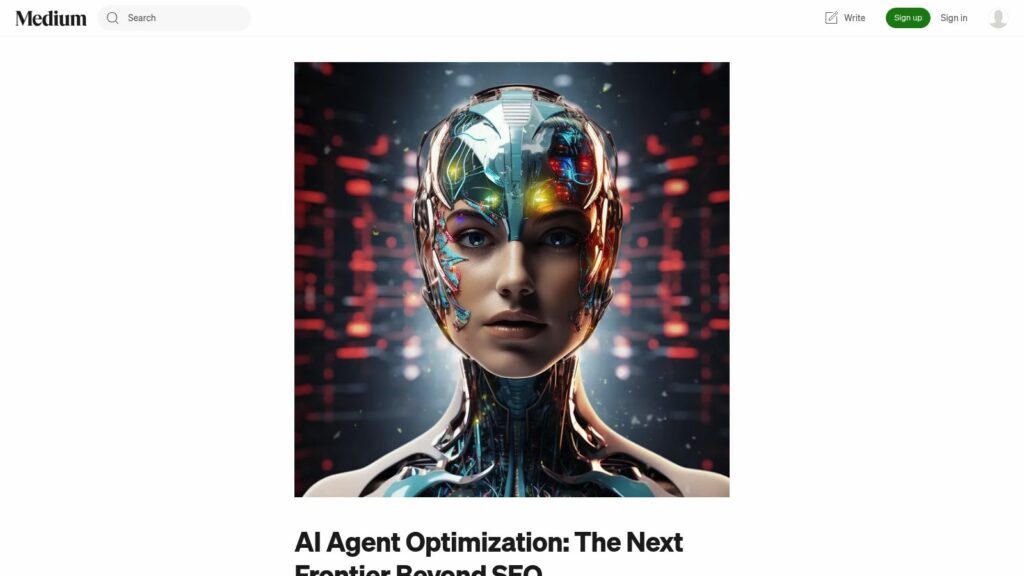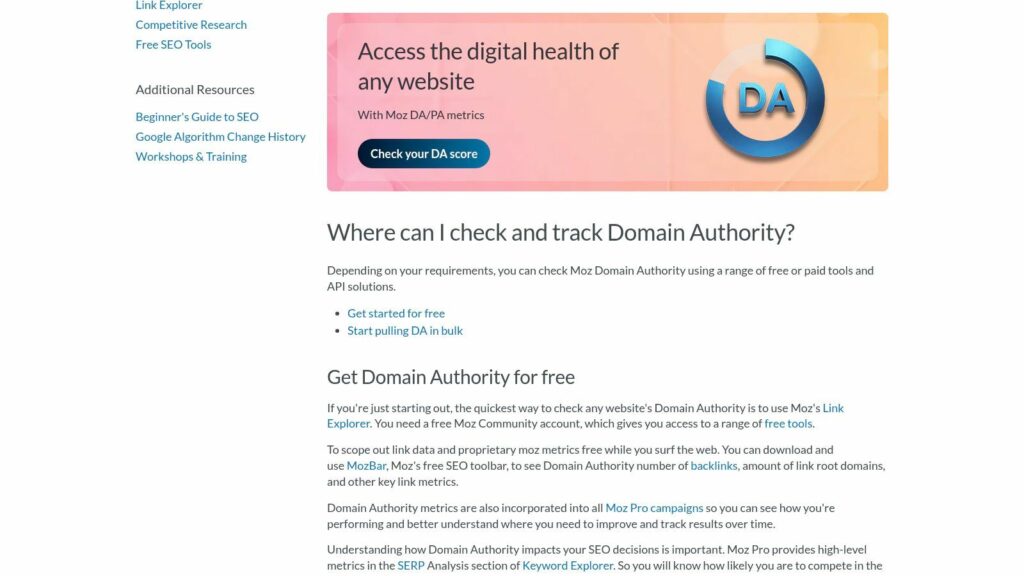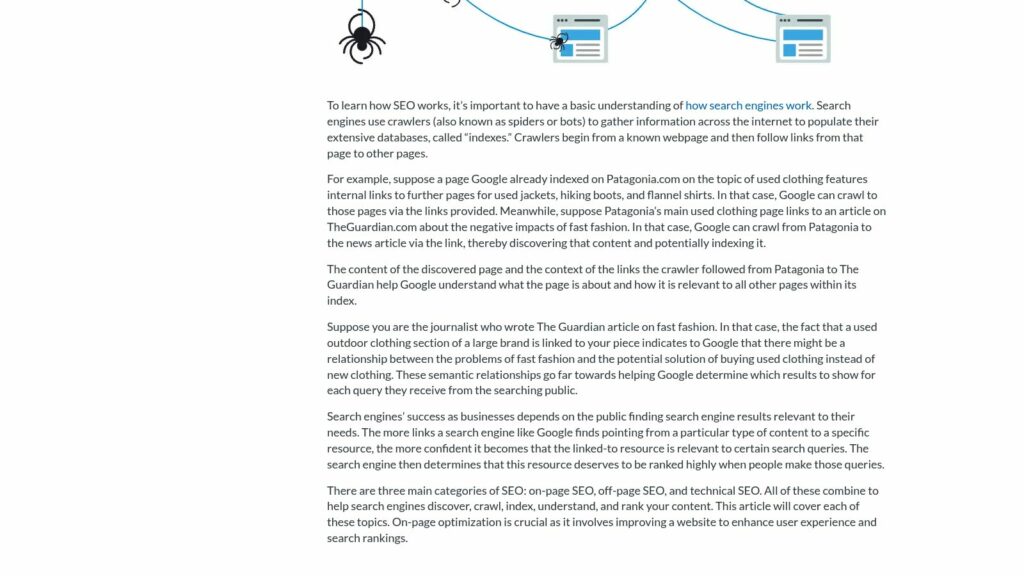AI SEO (noun)
Definition:
AI SEO, or Artificial Intelligence Search Engine Optimization, is the application of artificial intelligence (AI) and machine learning (ML) technologies to improve search engine rankings and increase organic traffic. This innovative approach leverages data-driven insights, predictive analytics, and automation to enhance the efficiency, accuracy, and scalability of traditional SEO strategies.
Etymology:
The term “AI SEO” is derived from the words “artificial intelligence” (referring to the development of computer systems that can perform tasks requiring human intelligence) and “SEO” (search engine optimization). This combination reflects the technique's emphasis on employing AI and ML technologies to optimize websites for search engines.
Usage:
- By adopting AI SEO techniques, the marketing team optimized their website more efficiently, leading to higher search engine rankings and increased organic traffic.
- The digital marketing agency utilized AI SEO tools to analyze user behavior and predict future trends, enabling them to create targeted and effective optimization strategies.
Components of AI SEO:
- Keyword Research: Involves using AI algorithms to analyze large datasets and identify high-potential keywords, search trends, and user intent more accurately.
- Content Optimization: Employ AI-powered tools to generate or enhance content, ensuring relevance, readability, and optimal keyword usage for improved search engine rankings.
- Technical SEO: Involves leveraging AI technology to identify and fix technical issues impacting search engine rankings, such as broken links, slow loading times, or crawl errors.
- Link Building: Using AI algorithms to analyze backlink profiles, identify high-quality link-building opportunities, and predict the impact of backlinks on search engine rankings.
- Performance Monitoring: Involves utilizing AI tools to track and analyze SEO performance metrics, allowing for real-time adjustments and data-driven decision-making.
Benefits of AI SEO:
- Improves efficiency and accuracy by automating various aspects of SEO, such as keyword research, content optimization, and performance monitoring.
- Enhances scalability by allowing businesses to optimize large volumes of content and manage complex SEO strategies more effectively.
- Facilitates data-driven decision-making, leading to more informed and targeted SEO strategies that produce better results.
- Adapts quickly to changes in search engine algorithms and user behavior, ensuring continuous optimization and improved search engine rankings.
- Reduces the time and resources required for manual SEO efforts, allowing businesses to allocate resources to other aspects of their digital marketing strategy.
Related Terms:
Search Engine Optimization (SEO)
Artificial Intelligence (AI)
Machine Learning (ML)
Content Marketing
Technical SEO


